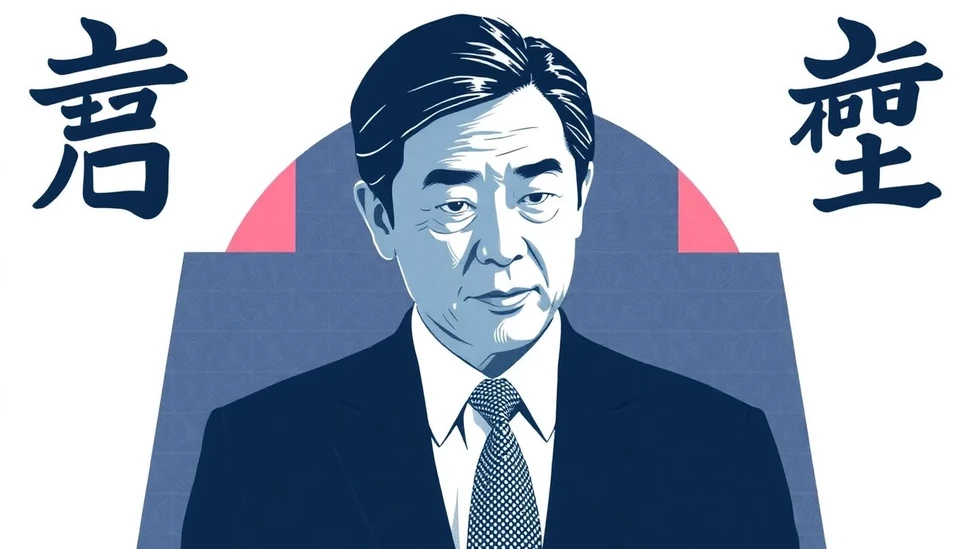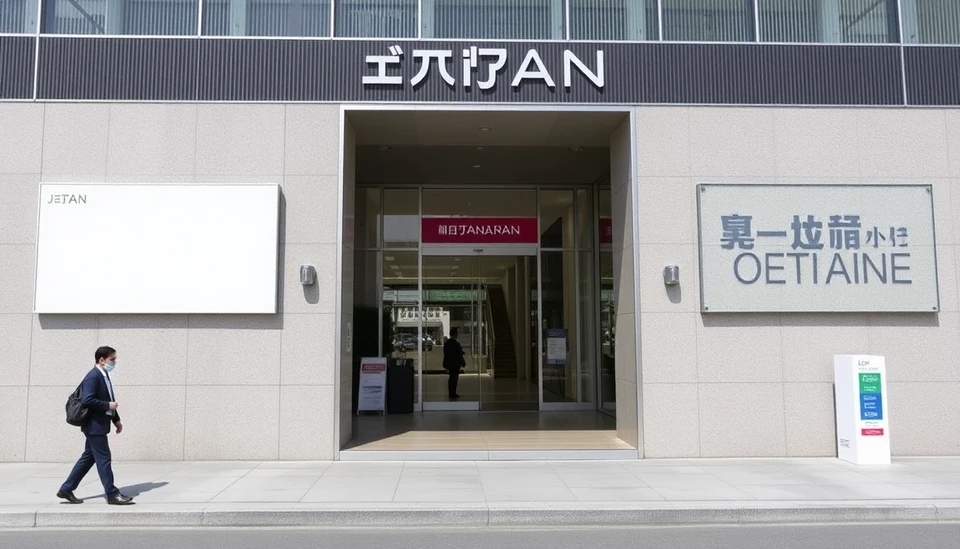
In a notable shift within the financial landscape, Japanese government bond yields have seen a downward trend as Bank of Japan (BOJ) Governor Kazuo Ueda issued a cautionary statement regarding potential market interventions. Ueda's remarks come amid concerns about the stability and functionality of Japan's financial markets, which have shown signs of volatility recently.
The BOJ has been at the forefront of maintaining ultra-low interest rates to stimulate economic growth; however, this approach has also led to increasing pressure on the yield curve. Ueda made it clear that the central bank is prepared to take action if these changes in the market threaten to undermine the effectiveness of its monetary policy. This proactive stance aims to calm investor anxieties as the nation navigates a complex economic recovery amid fluctuating global conditions.
The backdrop to Ueda's comments is the recent climb in Japanese government bond yields, which had raised eyebrows amongst market participants. The governor underscored that while the BOJ’s current policies have supported economic activities, the rise in yields required close observation. The central bank's commitment is to ensure that the yen-denominated bonds remain stable and manageable, especially given the delicate balance between stimulating growth and controlling inflation.
Market analysts interpret Ueda's warning as a potential signal for upcoming policy shifts, especially if bond yields continue to stray from the desired targets. Traders are now speculating about possible actions the BOJ might undertake, including altering its asset purchase scheme or re-evaluating its yield curve control measures. The statement also adds a layer of complexity for investors who are recalibrating their strategies in light of potential shifts in BOJ policy.
This situation is unfolding against the backdrop of global economic changes, with central banks around the world navigating their own monetary challenges. With the U.S. Federal Reserve and European Central Bank adjusting their stances to curb rising inflation, Japan faces unique challenges due to its prolonged low-rate environment. Ueda's advisory note reflects an awareness of these global dynamics and their potential impact on Japan’s economic stability.
As Japan continues to grapple with these issues, the response from both investors and government officials will be critical in shaping the future economic landscape of the nation. The larger question remains: how will Japan balance the need for supportive monetary policy with the realities of rising yields and an uncertain global economy?
#Japan #BOJ #KazuoUeda #BondMarket #InterestRates #EconomicStability #YieldCurveControl #GlobalEconomy #FinancialMarkets
Author: Laura Mitchell




